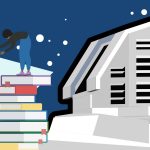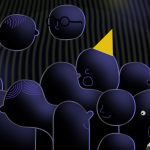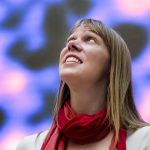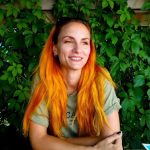From CNN, Oct. 12, 2023
Fermilab’s Don Lincoln describes the annular eclipse that will occur this Saturday, Oct. 14. Break out your eclipse protective eyewear because the thin ring of sunlight that will encircle the moon is very bright even though Illinois is not in the path of maximum coverage.




